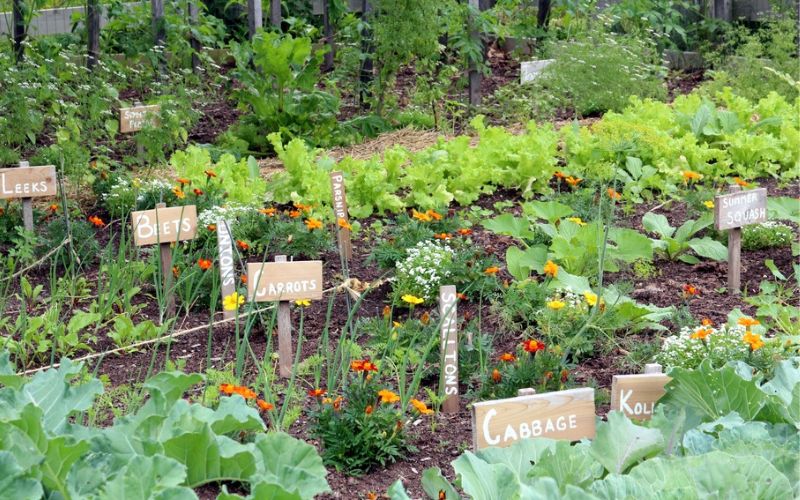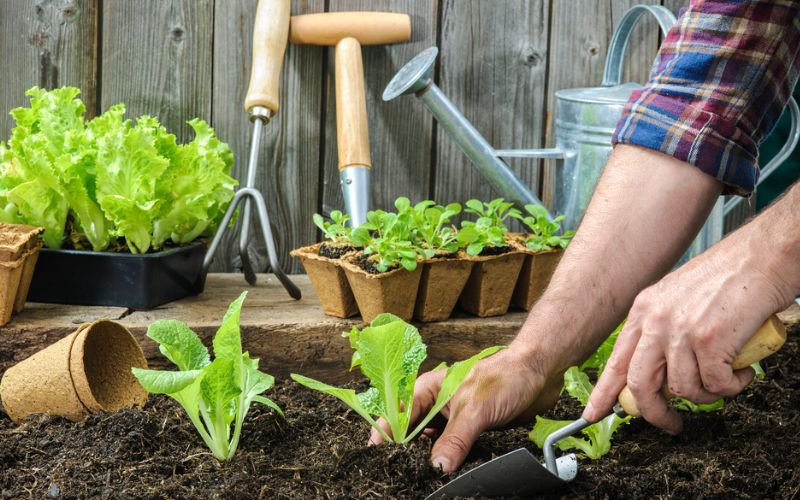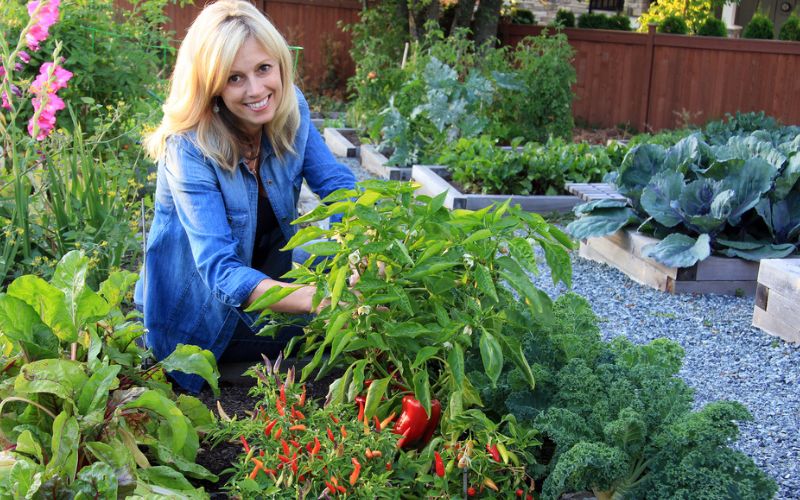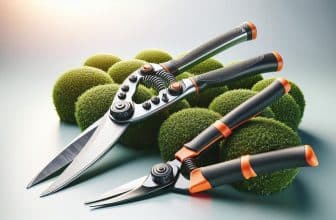
In the heart of Edmonton, a green revolution is quietly unfolding. Urban dwellers are transforming their backyards into thriving vegetable gardens, creating a stark contrast to the city’s concrete landscape. This trend is not just about beautifying the cityscape; it’s about sustainability, self-sufficiency, and the joy of growing your own food.
The Edmonton Experience
The Reddit community of Edmonton is a vibrant platform for sharing practical advice on backyard vegetable gardening. One user shared their experience of planting garlic in the fall, ready for harvest by June or July. This leaves the plot free for quick-growing crops like lettuce or spinach. The user also recommended staggered planting of crops like carrots to extend the harvest season1.
Tomatoes and bush beans, grown in buckets, were highlighted for their ease of maintenance. The user also emphasized the importance of attracting pollinators and beneficial bugs with flowers, enhancing the overall productivity of the garden.
Starting Your Vegetable Garden: Avoiding Common Pitfalls
Starting a vegetable garden can be an exciting venture, but it’s not as simple as sowing seeds and waiting for them to grow. DecorHint highlights several common mistakes that beginners should avoid.
Starting too Big: Enthusiasm can lead to overambitious gardening plans. However, maintaining a large garden requires significant time, effort, and resources. It’s advisable to start small, perhaps with a few containers, and gradually expand as you gain experience.
Choosing the Wrong Location: Vegetables require at least six hours of direct sunlight each day and easy access to water. A location meeting these criteria is essential for a thriving garden.

Growing Unfamiliar Vegetables: While it’s tempting to experiment with exotic varieties, it’s better to start with vegetables you’re familiar with and enjoy eating. This ensures you know how to care for these plants and recognize when they’re ripe for harvesting.
Ignoring Soil Quality: The quality of the soil significantly impacts the success of your vegetable garden. Testing your soil can provide valuable information about its nutrient levels, pH balance, and texture. Based on the results, you can make necessary amendments to ensure your soil is rich in the nutrients your plants need.
Fertilizing Your Garden: A Key to Success
Yahoo Sports emphasizes the importance of knowing when and how to apply fertilizer. Different plants have different fertilizer needs, and keeping track of these dates can ensure you always apply fertilizers at the right time3.
Granular fertilizers are often the best choice for heavy feeding plants as they release nutrients over a longer period. However, they need to be worked or watered into the soil after application. Liquid fertilizers, on the other hand, are more readily absorbed by plants, acting quicker in the garden but requiring more frequent application.
Pest and Disease Management
Being proactive in preventing and managing pests and diseases is crucial for a successful harvest. Building an enclosed garden space that is both deer and rabbit-proof can help keep your plants safe. Regularly cleaning up any debris or fallen leaves from the garden can prevent breeding grounds for pests and diseases.

The Power of Companion Planting
Certain plants can improve soil and enhance the growth of nearby plants. When used in conjunction with fertilizers, these companion plants can promote the overall health of your garden and help you produce an even larger harvest. Legumes, such as beans and peas, are excellent companion plants that can reduce the amount of fertilizer needed throughout the season.
The Joy of Harvesting Your Own Food
There’s something incredibly satisfying about harvesting your own vegetables. The taste of a freshly picked tomato or a crisp carrot straight from the soil is incomparable to anything you’d find at a grocery store. Plus, you have the assurance of knowing exactly where your food came from and what went into growing it.
Colin Macmillan is a seasoned entrepreneur and the CEO of Riverwood Landscape, a leading landscaping company based in Canada. He has been at the helm of the company since leaving high school, demonstrating his strong leadership skills and business acumen.
Colin’s expertise lies in various aspects of landscaping, including lawn care, interlocking, sod installation, and commercial maintenance. His hands-on approach and dedication to the craft have been instrumental in building Riverwood Landscape into a reputable brand.
One of his most notable achievements is the creation of a successful landscape franchise that services multiple locations. This accomplishment underscores his strategic thinking and ability to scale operations effectively.
Colin has also had the privilege of working with Guelph Hospital for landscaping and maintenance, a testament to the trust and reliability that his company has earned over the years.
His professional mission is to offer the best services and experiences for customers, a goal that he tirelessly pursues. Colin’s commitment to excellence and customer satisfaction continues to drive the growth and success of Riverwood Landscape.








